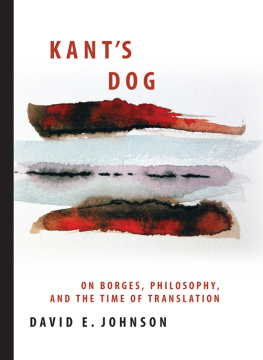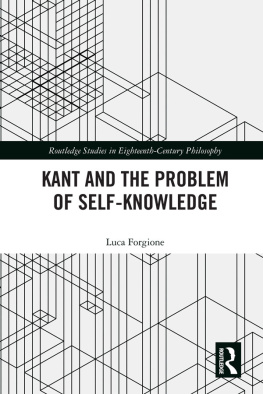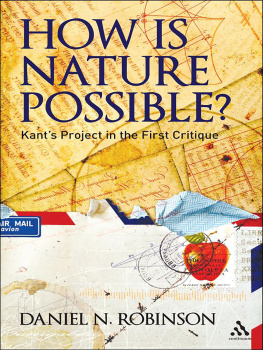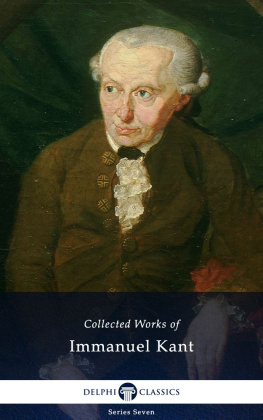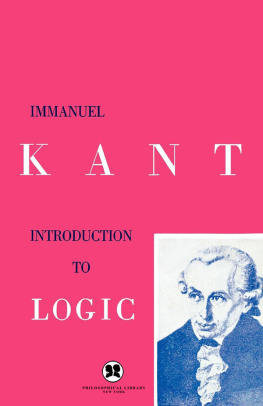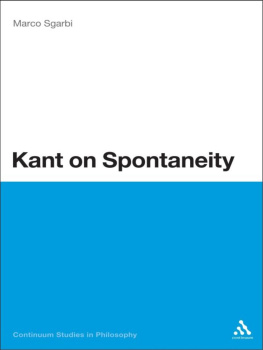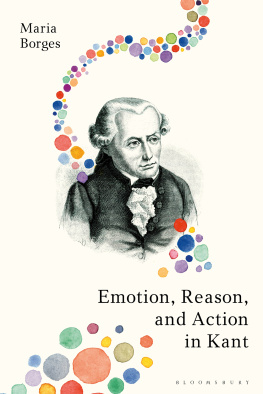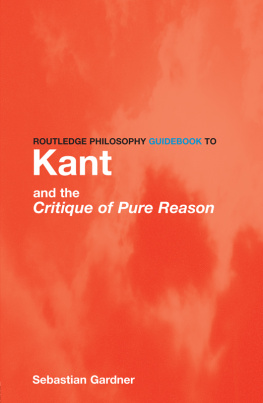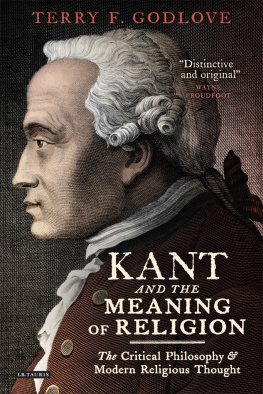A volume in the SUNY series in Latin American and Iberian Thought and Culture

Jorge J. E. Gracia and Rosemary Geisdorfer Feal, editors
Kant's Dog
On Borges, Philosophy, and the Time of Translation
DAVID E. JOHNSON

Cover art courtesy of Felipe Cooper. Boceto for Aporia de un gesto (watercolor and Chinese ink on paper), 12 16, 2011.
Published by State University of New York Press, Albany
2012 State University of New York
All rights reserved
Printed in the United States of America
No part of this book may be used or reproduced in any manner whatsoever without written permission. No part of this book may be stored in a retrieval system or transmitted in any form or by any means including electronic, electrostatic, magnetic tape, mechanical, photocopying, recording, or otherwise without the prior permission in writing of the publisher.
For information, contact State University of New York Press, Albany, NY
www.sunypress.edu
Production by Diane Ganeles
Marketing by Michael Campochiaro
Library of Congress Cataloging-in-Publication Data
Johnson, David E., 1959
Kant's dog : on Borges, philosophy, and the time of translation / David E. Johnson.
p. cm. (SUNY series in Latin American and Iberian thought and culture)
Includes bibliographical references (p. ) and index.
ISBN 978-1-4384-4265-5 (hardcover : alk. paper)
1. Borges, Jorge Luis, 1899-1986Philosophy. 2. Kant, Immanuel, 17241804Criticism and interpretation. 3. Philosophy in literature. 4. Translating and interpreting. 5. Argentine literature20th centuryHistory and criticism. I. Title.
PQ7797.B635Z73736 2012
868.6209dc23
2011031097
10 9 8 7 6 5 4 3 2 1
for
Paula Cucurella Lavn
and
Thomas Simms Haydon, Jr.
30 July 1938 to 7 March 2007
Acknowledgments
For more than a decade the Department of Comparative Literature at the University at Buffalo has been my intellectual and social home. I owe a tremendous debt of gratitude to Henry Sussman for making possible my move into Comparative Literature and for doing so with a grace and charm that are uniquely his.
Three people and one group deserve much of the credit (and bear none of the responsibility) for the book that follows.
I began to learn to read philosophy in the seminars of Rodolphe Gasch, whose teaching is exemplary not only for its clarity, rigor, and humor, but also for its insistent rejection of all discipleship. More importantly, for the last decade Rodolphe has demonstrated what it means to be a colleague and a friend. Without his and Bronia Karst's steady and delightful friendship, life in Buffalo would be poorer indeed.
I have no better or more loyal friend and interlocutor than Martin Hgglund, whose influence is legible in nearly every sentence of this book and, somewhat less obviously, in those he kept me from writing. The notes to and citations from his work are a minor indication of the importance of his thinking for my own. Since first drafting the entire manuscript, Martin has read and reread its pages. What I owe Martin could never be acquitted in a few words of acknowledgment; quite the contrary, my debt to him remains always before me.
For too short a time in Buffalo, Bill Egginton and I had an ongoing conversation about philosophy and literaturein particular about Borges, Kant, Heidegger, and Derridaover beer, coffee, and wine, in his garden and my kitchen. We agree about very little except the importance of reading philosophy, taking Borges seriously, and laughing a great deal while doing so.
The University at Buffalo's Philosophical Reading Group nurtures the philopolemics that I most value in the academy. The PRG provides the space, if not for a nondisciplinary, at least for a nonauthoritarian reading of philosophy.
Earlier versions of chapters of this book were given as lectures at Cleveland State University; Duke University; The Johns Hopkins University; Cornell University; Universidad de Chile; and at the on-going Seminario Central de Investigacin jointly organized by the Instituto de Arte, Pontificia Universidad Catlica de Valparaso, and the Doctorado en Filosofa con mencin en Esttica y Teora del Arte of the Universidad de Chile. I thank those institutions and the faculty and students who attended the lectures for their kind hospitality. Most especially, I thank the friends who invited me: Stephen D. Gingerich, Alberto Moreiras, Bill Egginton, Richard Klein, Juan Manuel Garrido, Pablo Oyarzn, and Bruno Cuneo. I owe especial thanks to Juan and Pablo. During monthlong stays in Santiago in July 2008 and June 2009, Juan welcomed me into his home and opened to me an entirely new world at the other end of the globe. The encounters I have had in Santiago haunt me still. No one is more committed to and takes more delight in friendship than Juan Manuel. The opportunity to present drafts of three of this book's chapters in Santiago provided the impetus to rethink and revise the entire project. I owe Pablo not only for giving me those opportunities but also for participating in them. Andrs Claro read the second chapter and made the kind of comments one hopes to receive.
Parts of this book have been published previously. Shorter and different versions of the , have appeared under the following titles and in the following publications: Introduction: Borges and the Letter of Philosophy in Thinking With Borges, William Egginton and David E. Johnson, editors (Aurora, CO: The Davies Group Publishers, 2009), 117; Time: For Borges in CR: The New Centennial Review 9.1 (2009): 209225; and Kant's Dog in Diacritics 34.1 (2004): 1939. I thank the respective editors and publishersthe Davies Group Publishers, Michigan State University Press, and The Johns Hopkins University Pressfor permission to reprint this material here.
For several years I shared my office and often my lunch with my son Isaac, from whom I have learned much about film, to be sure, but also about being a father and then a friend to a son. He is also a wonderful squash partner. Much of this book was first drafted one hot summer while my daughter Elena did math problems in the room next to my study. Over the course of that summer she kept me awake by forcing me to get up to make sure that she had not fallen asleep. I owe her for that, as well as for the incalculable joy she brings to my life. My son Christopher suggested that I gather into a book various texts I had written on Borges. It took far longer than either he or I imagined it would and, in fact, this is not that book, but writing it would not have occurred to me without his suggestion. I thank him for the idea as much as for his good company, and his delight in the Yankees, Kansas basketball, and red meat. If not for a phone call from my brother Tom late one night in September 1983, telling me to read Paul de Man, Jacques Derrida, and Michel Foucault, in all likelihood I would not do the work I do today.
I could not have asked for three more professional editors than Amanda Lanne, Beth Bouloukos and Diane Ganeles. Two anonymous readers for SUNY Press helped make Kant's Dog a better book. On very short notice, Felipe Cooper distilled a handful of concepts (writing, translation, repetition, borrn) into the painting that is reproduced on the cover of this book. I thank him for his contribution to the project and only hope the book lives up to his painting.
Kant's Dog is dedicated to two people.
To Paula Cucurella Lavn, whom I met in Santiago de Chile in July 2008 when I thought this book was nearly finished. During the years of rewriting and revision, Paula's embraceoften from several thousand miles awayprovided the warmth for my life.
Next page
